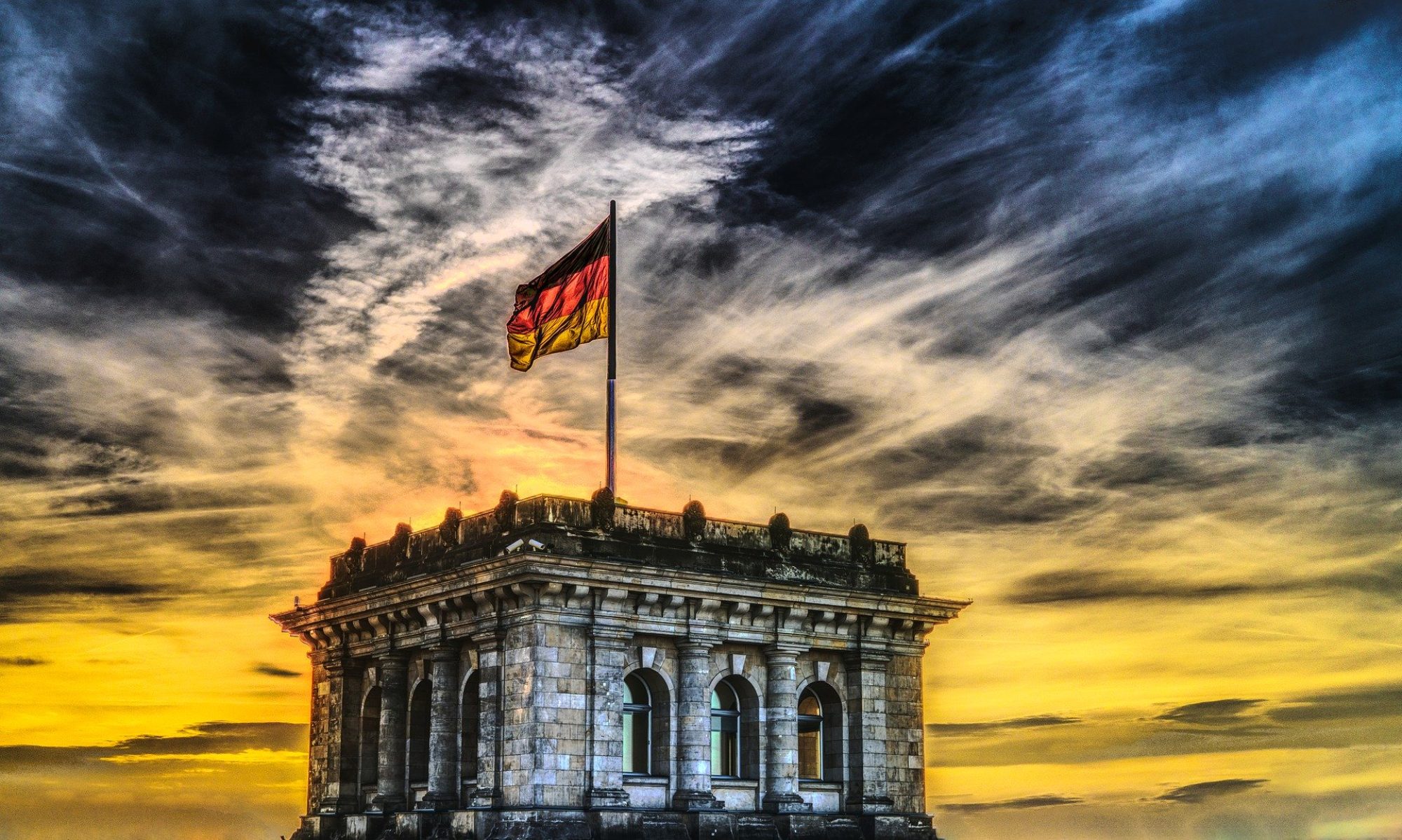Reading Time: 2 minutes
Episode 3: Amal, Berlin! Julia
Episode 04: Amal, Berlin! Asmaa
Learning the language of a host country connects immigrants to their new society. However, learning German is a slow process, and refugees in Germany need to connect to their communities before they’re fluent. Becoming part of the community you live in is complicated and looks different for everyone but might include giving feedback on policies that affect you, discussing political candidates, volunteering, or going to cultural events in your neighborhood. When you’re a native speaker, you may take your ability to easily do these things for granted, but refugees who are still learning the language of their host country can easily miss out if this information is presented in a language they are still learning. Recognizing this problem, the founders of Amal, Berlin! began to publish the most important news stories for Berlin in Arabic and Farsi so newcomers could have access to current events up-to-date information. As a result, the news platform has built a readership eager to learn about their new home in Berlin and has recently expanded to Hamburg.
When refugees can stay informed and get the latest news they feel included in their communities. This was especially true during the coronavirus pandemic when the German government announced restrictions on daily life that came quickly and it was sometimes unclear what was allowed in public life. During this confusing and difficult time, Amal helped by being a reliable source of accurate information that its readers could rely on.
In Episode 03 you will hear from Julia cofounder and reporter at Amal, Berlin!. Julia shares the philosophy behind Amal’s approach and what it has been like building a multicultural news platform. After speaking with Julia, she recommended I also speak with her colleague, a reporter writing in Arabic, Asmaa. In Episode 04, you get another perspective from Amal. Asmaa draws on her work writing for an Arabic speaking expatriate community and her own experience adapting to life in Germany to talk about why information is important during the integration process and what we need to think about in the future of refugee resettlement.
In these conversations, you will hear:
– Reporting during the beginning of the coronavirus pandemic.
– What “integration” means and why it may be time to think beyond integration.
– Next steps for involving refugees in society in a meaningful way.
– Two-way integration, where refugees learn about Germany and Germans learn about their new neighbors.
– Asmaa’s own experience moving to Germany.
If you’re a reader of Amal, Berlin!, please share how their reporting has affected you in the comments below.
Below you can find links to Amal’s online resources including their Facebook page and YouTube channel. Please read their stories and share their content.
Follow Amal
Amal, Berlin! Website
Amal, Berlin! Facebook
Amal, Berlin! Youtube Arabic
Amal Berlin! Youtube Farsi/Dari
Amal, Hamburg! Website
Amal, Hamburg! Facebook Arabic
Amal, Hamburg! Facebook Farsi/Dari
Amal, Berlin! Instagram
For more on Refugees in Germany
To hear past episodes of Integration for Everyone Podcast and subscribe click here: Integration for Everyone Podcast.
Follow Integration for Everyone on Twitter here: @ifepodcast












